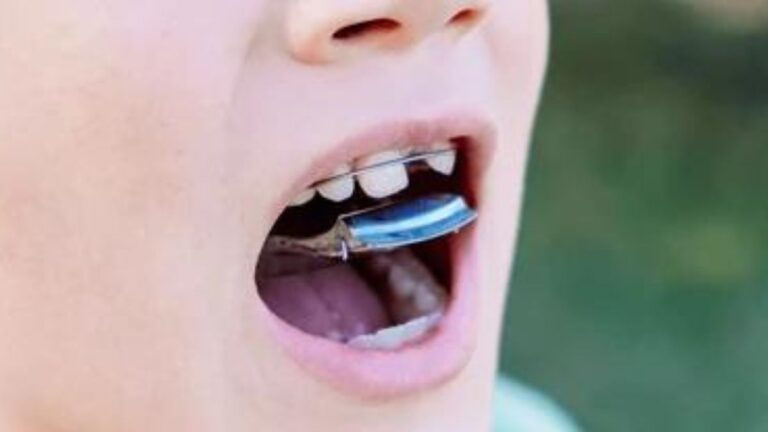Jaw misalignment in children can lead to various dental problems if not addressed early. It can cause difficulty in chewing, speaking, and proper alignment of teeth. Identifying and treating jaw misalignment promptly is crucial for a child’s overall well-being.
There are several causes of jaw misalignment, including genetics and thumb-sucking. Orthodontists can use braces or other methods to correct these issues. Early intervention can prevent more serious complications later in life.
In this blog, we will tackle the top 4 common causes of jaw misalignment in children.
- Genetic Factors
Genetics can play a big role in jaw misalignment. If parents or siblings have problems with their jaw, it may run in the family. Children can inherit traits that lead to misalignment, such as the shape of their jaws or the size of their teeth.
Parents need to know about these genetic factors. They can help spot potential issues early on. Early action is key to ensuring proper growth and development in children so they can avoid more severe problems in the future.
- Thumb Sucking
Thumb sucking is another common cause of jaw misalignment. Many children suck their thumbs as a way to comfort themselves. However, if this habit continues for too long, it can affect the position of the teeth and the development of the jaw.
When a child sucks their thumb, it can push the teeth forward. This can cause issues with how the teeth bite together. Parents should encourage children to stop thumb sucking, especially before baby teeth fall out.
- Baby Teeth
Baby teeth play a vital role in a child’s dental health. They act as placeholders for adult teeth and help guide them into the right position. If a baby tooth is lost too early, it may lead to misalignment as the adult teeth come in.
Taking care of baby teeth is essential. This includes regular dental check-ups to monitor their health. Good dental hygiene can prevent early loss of baby teeth, reducing the chance of alignment issues later.
- Importance of Dental Check-Ups
Regular dental check-ups are important for children. These visits allow dentists to catch any issues before they become serious. They can also check for early signs of jaw misalignment and recommend appropriate treatment.
During check-ups, parents can ask about their child’s oral habits. Dentists can provide advice on habits like thumb sucking. They may recommend an orthodontist’s evaluation if problems with jaw alignment are suspected. If you’re concerned about jaw issues, it’s wise to find an orthodontist in Eagan, MN for expert advice.
Addressing Jaw Misalignment Early
Early detection and treatment of jaw misalignment are essential for preventing long-term dental problems. Parents should stay informed and take their children for regular dental check-ups. This proactive approach helps ensure healthy jaw development.
By addressing jaw misalignment early, children can enjoy better oral health and avoid complicated treatments later. Trusting professionals like orthodontists can make a significant difference. Prioritize your child’s dental care for lasting benefits.
Want to read some more informative articles like this one? Poke around on the rest of our blog to see what interests you.
